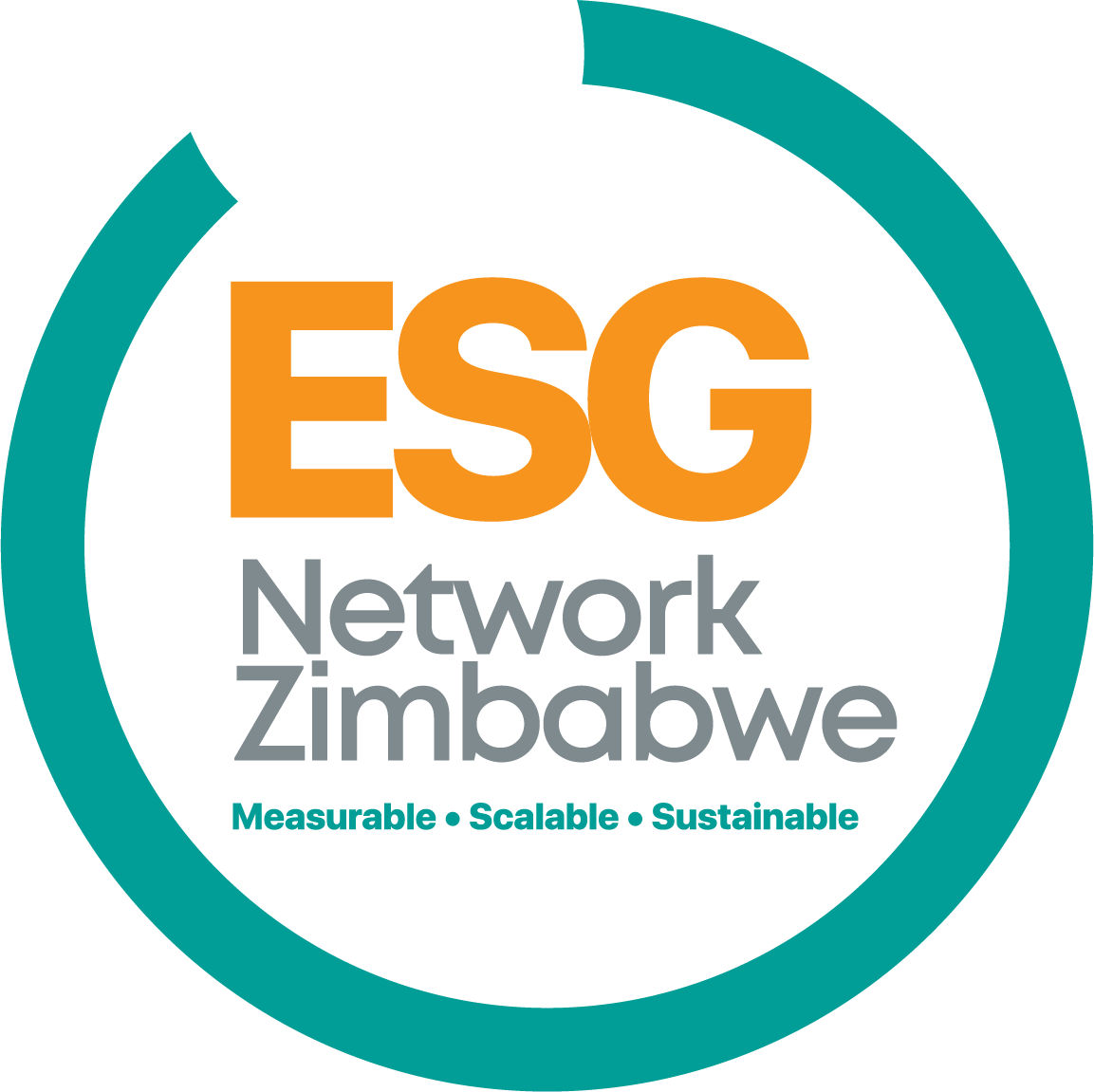Effective audit and risk management have become essential components of good governance, in this article we’ll explore the critical role of audit and risk management in ensuring the integrity and sustainability of business operations.
The Importance of Audit in ESG Governance
- Independent oversight: Audit committees provide independent oversight of financial reporting, internal controls, and risk management.
- Risk assessment and mitigation: Auditors help identify and assess potential risks, including ESG-related risks, and provide recommendations for mitigation.
- Transparency and accountability: Audit reports provide stakeholders with transparent and reliable information about a company’s financial performance and ESG practices.
Effective Risk Management Strategies
- Integrated risk management: Embed risk management into business operations and strategic decision-making.
- Risk assessment and prioritization: Identify, assess, and prioritize risks, including ESG-related risks.
- Risk mitigation and monitoring: Implement controls and monitoring processes to mitigate and manage risks.
Best Practices for Audit and Risk Committees
- Composition and expertise: Ensure audit and risk committees have the necessary expertise and diversity.
- Regular meetings and reporting: Hold regular meetings and provide timely reporting to the board and stakeholders.
- Independent advice and assurance: Seek independent advice and assurance to ensure the integrity of audit and risk management processes.
Effective audit and risk management are critical components of good governance in ESG. By prioritizing these functions, companies can ensure the integrity and sustainability of their business operations, mitigate risks, and drive long-term success.
Call to Action
We invite you to share your thoughts on the importance of audit and risk management in ESG governance. What best practices have you seen in action? What challenges do audit and risk committees face in overseeing ESG risks? Join the conversation on social media using the hashtag #ESGAuditRisk.
Additional Resources
1. Global Reporting Initiative (GRI) – Risk Management and Governance: Guidance on reporting risk management and governance practices. https://www.globalreporting.org/standards/
2. Sustainability Accounting Standards Board (SASB) – Risk Management: Guidance on disclosing risk management practices. https://sasb.ifrs.org/standards/
3. Task Force on Climate-related Financial Disclosures (TCFD) – Risk Management: Guidance on disclosing climate-related risks and opportunities. https://www.fsb-tcfd.org/
Stay Connected!
Please contact us at on admin@esgnetworkzimbabwe.co.zw, or simply call us on 0774768895/ +263882900740.
Follow us on social media to stay updated on the latest ESG news, events, and resources





